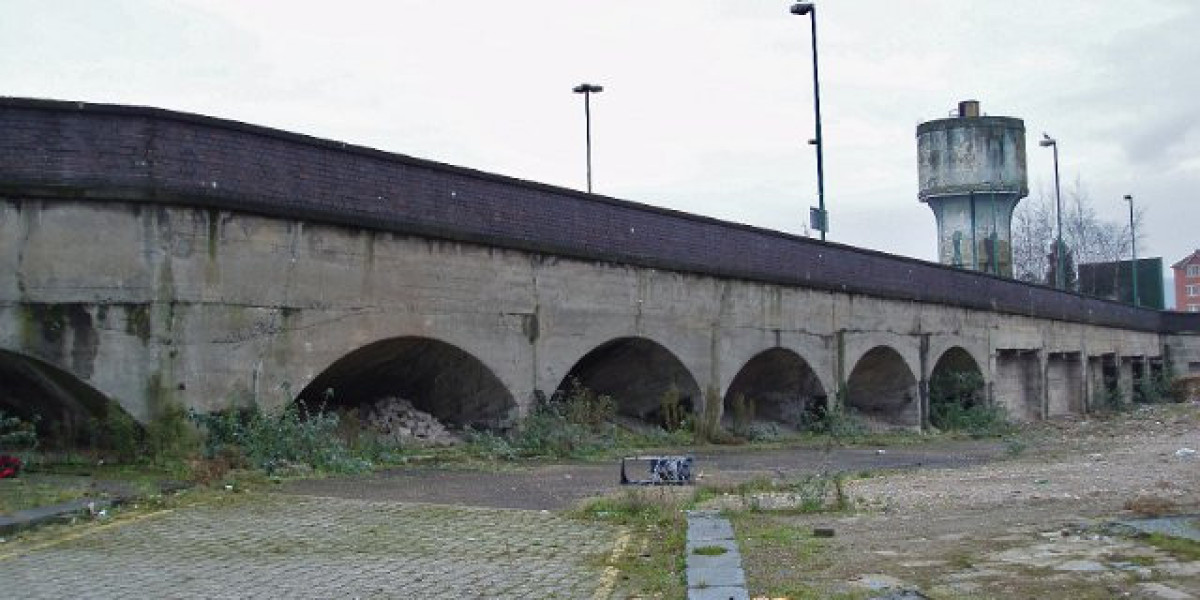CRM for Construction Management Projects
In the fast-moving world of construction, keeping track of clients, bids, job sites, subcontractors and follow-ups is a major challenge. That’s why a dedicated CRM for construction management projects becomes indispensable. Unlike generic CRMs, construction-specific systems are built to handle lead capture, estimating, project hand-off, document control and field-office coordination. According to industry research, construction firms increasingly adopt such platforms to streamline workflows and improve profitability.
In this article we’ll explore key features you should look for, compare several top platforms, and look at pricing tiers so you can assess the best fit for your business.
Why You Need a CRM for Construction Management Projects
The construction industry presents unique demands: long sales cycles, bids that convert into projects, multiple stakeholders (owners, clients, subs), dispersed job sites, and heavy documentation. A CRM tailored for construction management solves these issues by:
Capturing leads from websites or referrals and pushing them into a pipeline.
Keeping project-related contacts, clients, subcontractors and vendors in one place.
Integrating with estimating, scheduling and project management tools so that once a deal closes, the job gets handed off to operations.
Enabling mobile access so field teams can update status, upload photos, collaborate and keep the office informed.
Offering reporting and dashboards aligned with construction metrics (job cost, margin, change orders, schedule).
Because of these factors, the right CRM for construction management projects can improve communication, reduce rework, minimise lost leads, and boost job-profitability.
Key Features to Compare in a Construction CRM
When evaluating a CRM for construction management projects, you should look at the following features:
Lead & Opportunity Management
Capture leads, assign them to pipelines, track estimates and contracts.
Pipeline & Deal-Stage Tracking
Visualise the progress from lead → estimate → contract → project hand-off.
Project Integration & Handoff
The CRM should link into your project management system so that once a deal is won, tasks, scheduling and budgeting start automatically.
Document & Drawing Management
Given the importance of blueprints, change-orders and site documentation, this is critical.
Mobile & Field Access
Crews on site need access via mobile devices to update progress, notes, photos, RFIs etc.
Scheduling, Costing & Change Orders
Especially for construction you’ll need job costing, budget tracking, change-order logging and schedule integration.
Communication & Collaboration Tools
Client portals, subcontractor portals, messaging, file sharing.
Integrations & Accounting Sync
Look for integrations with accounting (e.g., QuickBooks), construction-specific tools and other workflows.
Reporting & Analytics
Custom dashboards tracking leads, bids, won jobs, margins, job cost overruns.
Scalability & Implementation Ease
Some systems are plug-and-play, others require heavy configuration.
Top Platforms for CRM for Construction Management Projects
Here are some of the better-known tools you should consider:
1. Monday CRM
Tailored for construction, Monday CRM offers a highly customisable, no-code platform. It’s ideal if you want to build workflows, pipelines, scheduling and collaboration in one place.
Strengths: flexible, visual interface, good for companies that want to customise extensively.
Considerations: may require someone to set it up and maintain.
Pricing: Tiered based on seats/features; check latest on website.
2. Buildertrend
Built specifically for home-builders and remodelers, Buildertrend blends CRM with project and job-site management.
Features: lead management, proposals, client portal, scheduling, change orders, financials.
Pricing: Tiered; entry level price depends on company size – expect a higher floor for full features.
3. JobNimbus
A construction-industry focussed CRM that supports bidding, scheduling, field updates and billing.
Good for: roofing, siding, exterior contractors or firms wanting integrated job/project workflows.
Pricing: Custom pricing; expect tiers based on seats & modules.
4. Contractor Foreman
An affordable option for small-to-mid sized contractors, offering CRM + job tracking + mobile access.
Ideal for: smaller firms or entry-level users; less heavy-duty than enterprise systems.
Pricing: Monthly subscription based; lower cost plans available.
5. Generic CRMs like HubSpot CRM
While not built specifically for construction, HubSpot offers strong lead and relationship management tools which can be adapted for smaller construction firms.
Pros: free tier available; easy to adopt.
Cons: lacks built-in job/project-management and construction-specific workflows; may need extensions.
Pricing Comparison & What to Expect
Pricing for a CRM for construction management projects varies widely depending on features, users, support, and integration depth. According to industry data: entry-level plans can start from under $100/month, while enterprise-level systems may cost thousands per month.
Typical breakdowns:
| Tier | Approx Cost | What You Get |
|---|---|---|
| Low-cost (small firms) | <$100/month | Basic lead & contact, minimal integrations, simple pipeline. |
| Mid-range | $100-$500/month | Lead to project hand-off, job costing, mobile access, integrations. |
| Enterprise | $500+ to several thousand/month | Full CRM + project management + field mobile + advanced analytics + integrations. |
Tips for pricing evaluation:
Be aware of per-user pricing vs site-wide licenses.
Check if mobile apps, field workers cost extra.
Evaluate integration costs (accounting, estimating, project management).
Ask about onboarding/training fees.
Consider ROI: saving time, improving won bids, reducing re-work may justify higher cost.
How to Choose the Right CRM for Construction Management Projects
Here are key steps:
Define your workflows – Map out how your leads turn into projects, how you handle subcontractors, change orders and job-site updates.
Identify must-have features – For example: mobile access, job costing, client portals, subcontractor management.
Shortlist platforms – Use the list above (or others) and pick 2-3 that align with your size and needs.
Consider scalability – Will the system grow with you as you take on more/ larger projects?
Trial & pilot – Most systems offer free trials. Test with your team.
Check support & onboarding – A system is only as good as your team’s adoption.
Calculate total cost of ownership (TCO) – Include licensing, training, integration, maintenance.
Look at ROI – Focus on metrics: lead conversion rate, job turnaround time, cost savings on operations.
By following this process, you’ll choose a CRM for construction management projects that actually empowers your business — rather than being a fancy toy that sits unused.
Conclusion
When your business revolves around managing leads, bids, subcontractors, job sites and client relationships, investing in the right CRM for construction management projects is wise. A well-chosen platform not only gives you better visibility and control, but also improves your team’s efficiency and ultimately your bottom line.
From flexible builders like Monday CRM to specialised tools like Buildertrend or JobNimbus, there’s a solution for every size of construction firm. The key is matching your workflow, user base and growth plans to the platform’s features and pricing.
Spend time comparing lead to project conversion, job-site updates, mobile access, document control and integration capabilities. With thoughtful evaluation you’ll choose a platform that becomes a true asset.
Frequently Asked Questions
What is a construction-specific CRM?
A construction-specific CRM is built to handle the full lifecycle of a construction project from lead capture, proposal/estimate, contract, project execution, job site updates, through to close-out and client follow-up. It integrates client relationships with project workflows.
Can I use a generic CRM for construction projects?
Yes you can, but generic CRMs often lack job-site mobile updates, change-order management, subcontractor workflows and built-in scheduling. You may end up bolting on many add-ons.
How much should I budget for a construction CRM?
Small firms may start under $100/month. Mid-sized firms might spend $100-$500/month. Large enterprises managing many projects may spend several hundred to thousands per month.
How do I measure ROI for the CRM?
Track metrics like lead-to-job conversion rate, job completion time, number of projects handled per team, reduction in manual errors/re-work, improved client satisfaction, job cost overruns avoided.
What integration should I look for?
Integration with accounting software (e.g., QuickBooks), project management tools, mobile field apps, document/floor-plan management, scheduling systems.
How long does implementation take?
It depends on complexity. A small firm with basic workflows might implement in a few weeks; a large firm with custom workflows, many users, integrations may require months.








